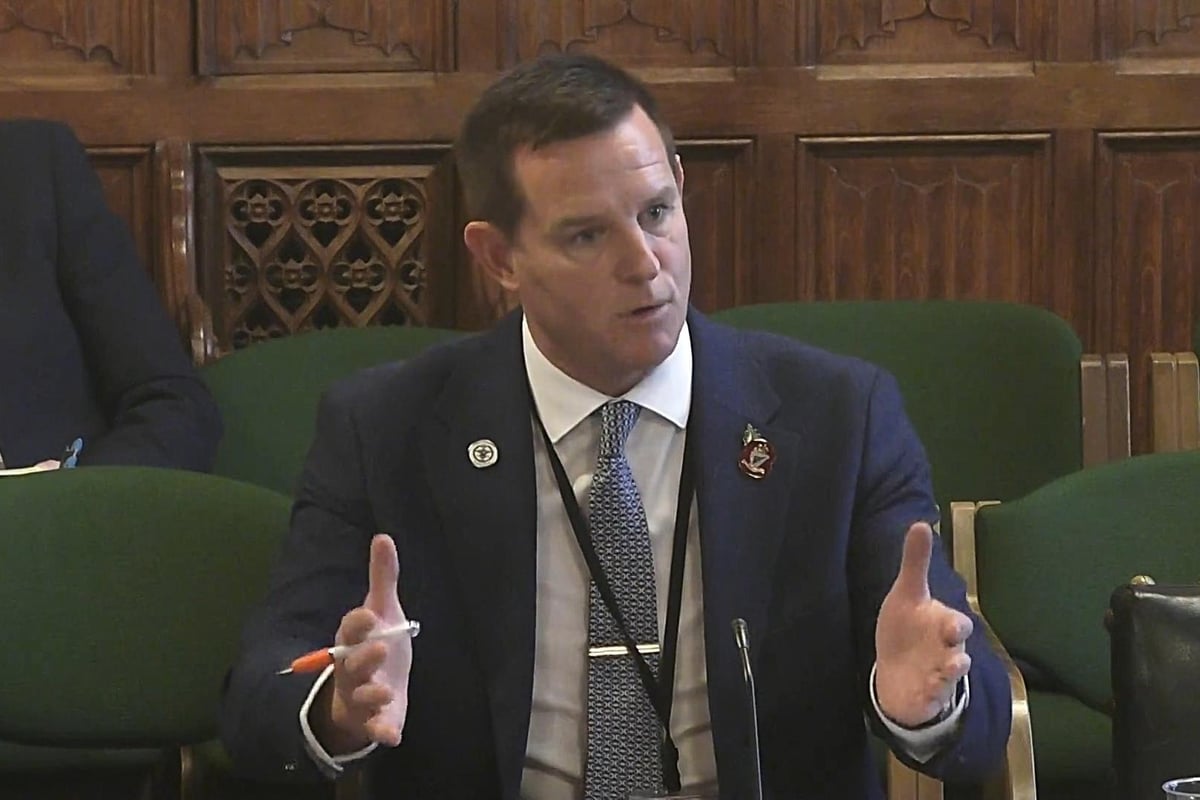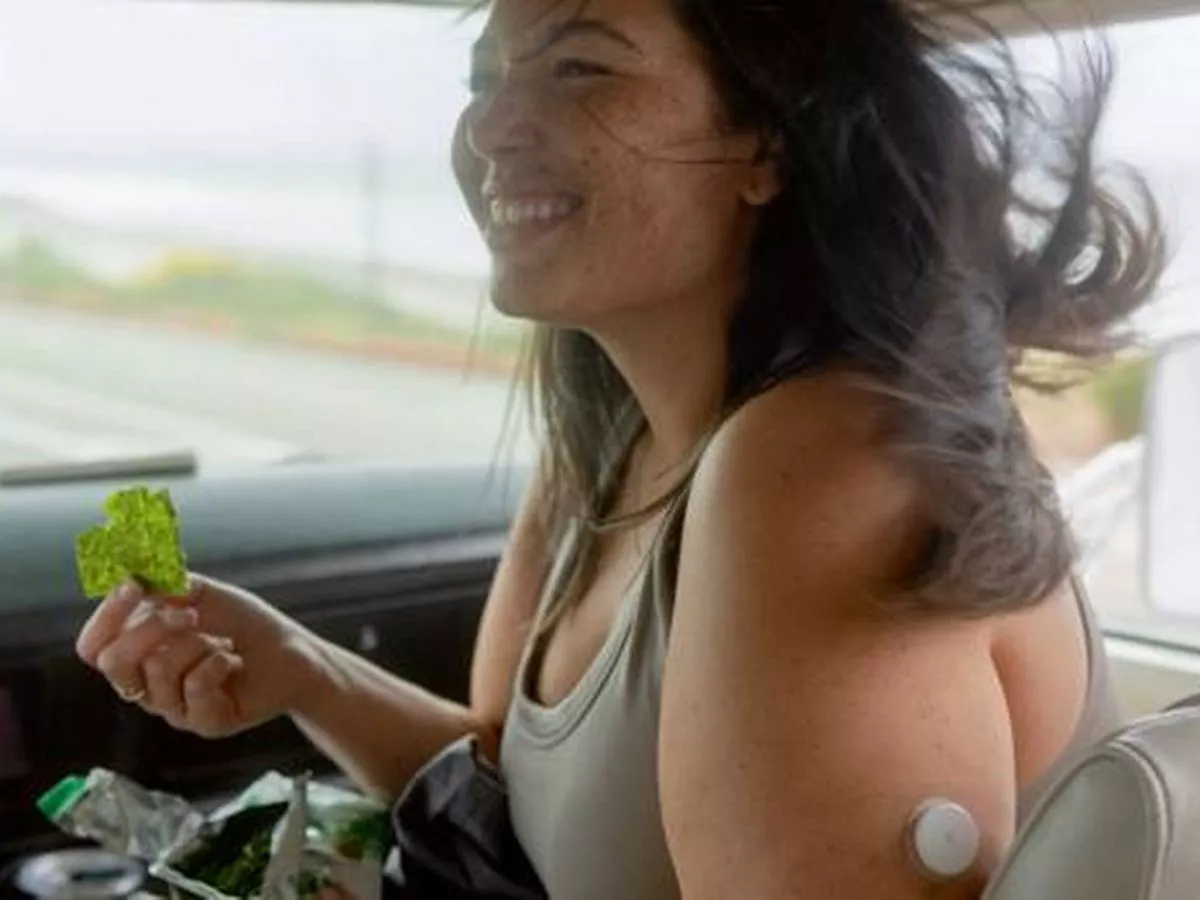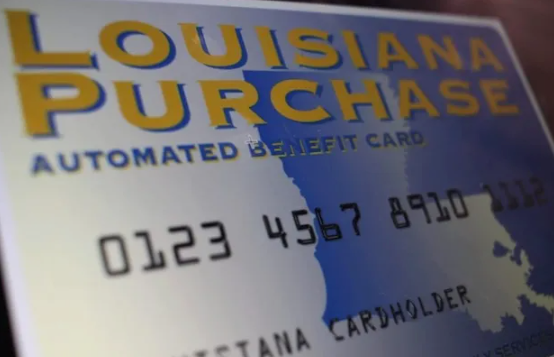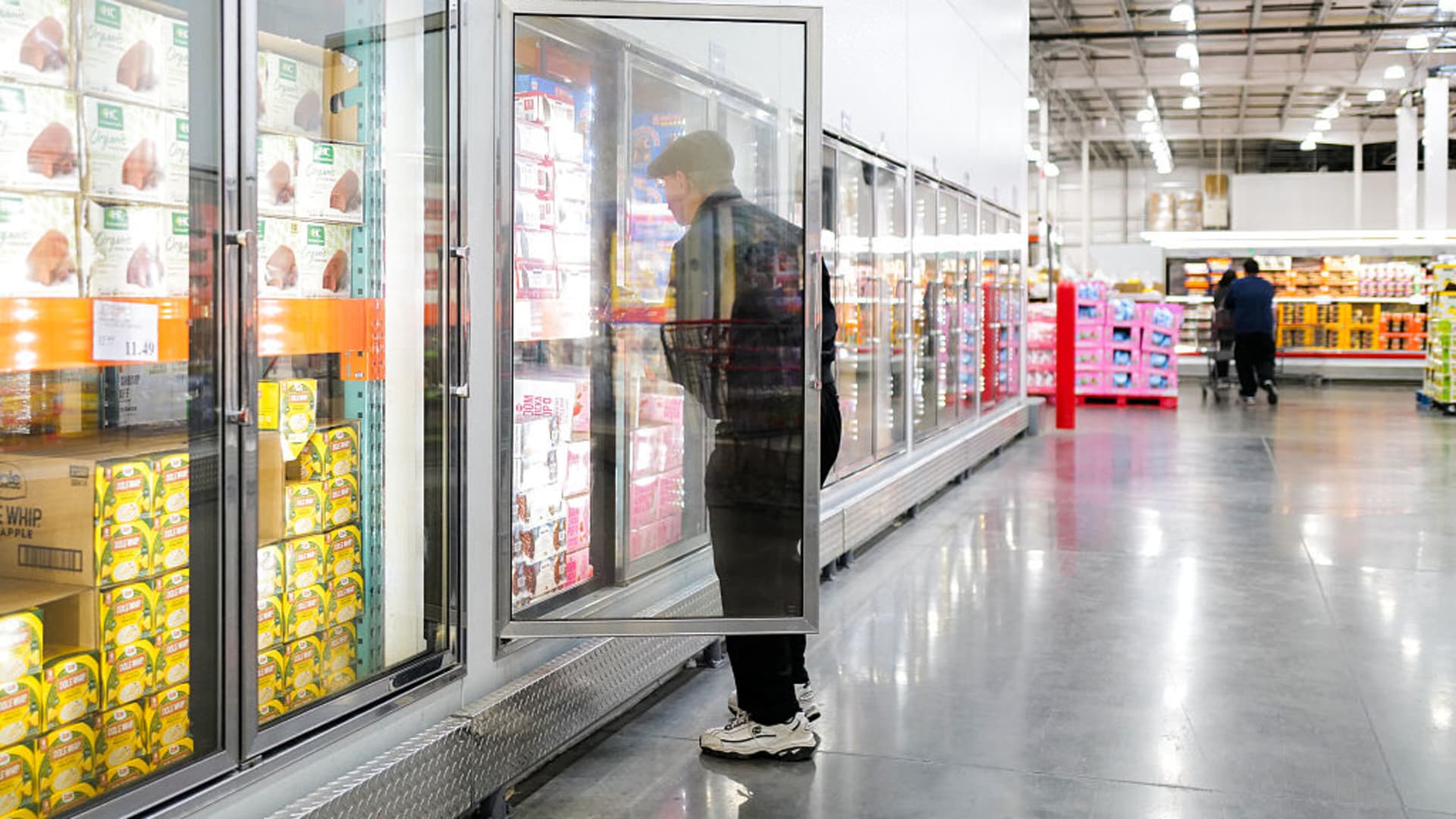Copyright newsletter

David Johnstone said that the Labour government has “oversold” the six points, which have also been criticised this week by former veteran Doug Beattie MLA and Troubles campaigner Jeff Dudgeon. See here for more: Doug Beattie says 'it is a mystery why Labour government thinks it can fool veterans' with pledge of support At the root of the matter is the fact that at least some of the six “protections” are not in fact exclusive to veterans at all, but apply generally – something which the government has now admitted. This means they are not just “protections, rights and safeguards for Northern Ireland veterans”, but also for paramilitaries, or anyone else involved in the government’s new legacy mechanisms. Mr Johnstone told the News Letter: “I welcome the fact that the government is proposing to put into legislation mechanisms that will absolutely be of benefit to veterans if they find themselves in a legal process”. However, he added: “One thing that is clear is that these are NOT veterans protections, but rather witness protections, as they apply not only to veterans but could also apply to former terrorists. "I think the goverment, in an attempt to balance the fact that much of the new legacy proposals are detrimental to veterans, have oversold these measures." The six measures were announced by the government on September 19. The first was that "you cannot be forced to travel to or around Northern Ireland to give evidence as a witness to the [new Legacy Commission] or to an inquest”. Point two was that “the Legacy Commission won’t needlessly duplicate previous investigative work you may have already participated in”. Three was that “your health and well-being will be taken into account”; four was that “you can request anonymity when giving evidence”; and five was “protection from cold calling … you’ll only be contacted through official channels, with MoD support”. Lastly, veterans’ representatives will be among those sitting on the Victims and Survivors Advisory Group “to ensure your perspectives are considered”. Since then, Baroness Anderson of Stoke-on-Trent of the Northern Ireland Office (NIO) has said that whilst all of these are "to protect and ensure fair treatment of any veteran", she also said: “Measures set out in the legislation, including the right to give evidence remotely and having regard to the welfare of witnesses, will necessarily apply to others. “This will ensure, for example, that former police officers are able to avail of these measures. “Some other non-legislative measures will apply only to veterans, including the protection from cold calling and the new safeguard that ensures veterans do not have to give unnecessary evidence on historical context and general operational details.” This is a reference to the fact that some of the “six protections” will not actually be written into law; instead they will be non-statutory policy, which can be easier to change or scrap. Mr Johnstone told the News Letter that things like the right not to travel and the point about unexpected letters “are an improvement that will give reassurance and some peace of mind to veterans”. But other measures represent “nothing new,” whilst the bit about being reassured by the make-up of the Victims and Survivors Advisory Group “depends on the definition of victim that will be applied to become a member of that body”. Mr Johnstone was also before Westminster’s Northern Ireland Affairs Committee today, where he was grilled over the “six protections”. He told MPs: “These are for Legacy Commission and coroners’ inquests. These do not apply to the soldier who's caught up in the criminal proceedings. "So these would have made no difference to, for instance, Soldier F, or to Soldier B that’s coming down the line, not at all. They're still going to be subjected to the process.” He was asked by DUP leader Gavin Robinson about the clause stating “you’ll only be contacted through official channels, with MoD support” if you are being called to give evidence. "You're going to get a letter which is going to land negatively, bring you back to the past, bring you back to things that you may have moved on from,” said Mr Robinson. "Does it matter to veterans who licked the stamp?” Mr Johnstone replied that “in some cases” it might, but added: “It doesn't chase the change the price of fish in the long run, because if a veteran is in line to be brought into the process, he's going to be brought in anyway. "So it's a it's a bit of pastoral care, but doesn't change the trajectory of the process at all.” When criticisms of the “six protections” has been put to it this week, the NIO has twice said it will not go beyond the statement made by Baroness Anderson, above.



